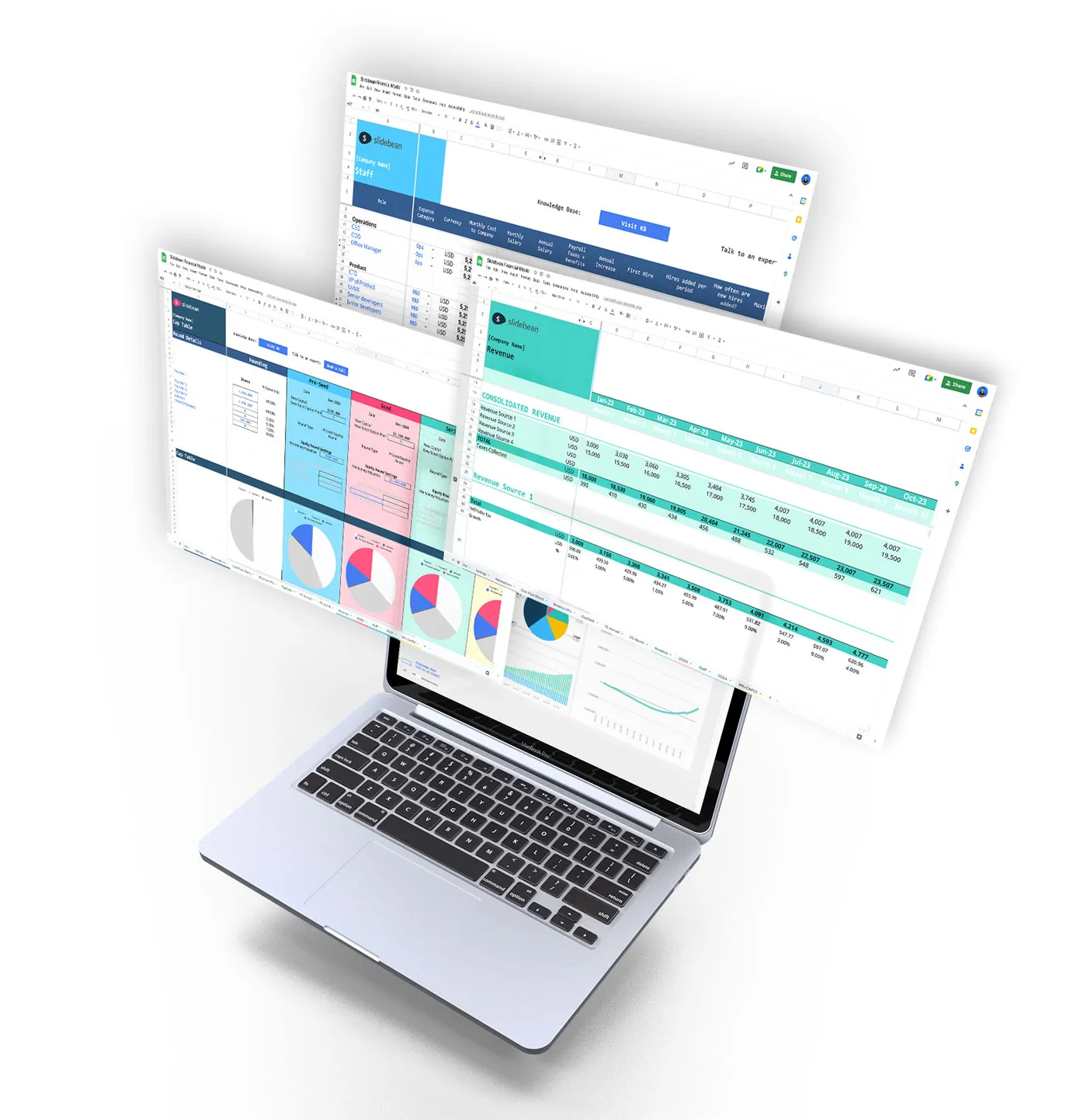
With mandatory confinement, especially, many might be wondering how to start a small business from home right now. That fact alone is why we’re sharing 5 tips on how to start a small business at home.
As we do so, we’re taking into consideration diverse backgrounds and circumstances that could be troubling you as you ponder how to start a small business from home. How about we begin by addressing that precise uncertainty?
5 tips to start a small business:
- Brainstorm to leverage
- Do Research
- Don’t skip the home-based factor
- Run your numbers
- Test it out!
1- Brainstorm to leverage
Our first of 5 tips on how to start a small business at home tackles head-on the enormous question of: “Where to start?” This doubt might be accompanied by: “What to go for?” Are we right?
First, be gentle with yourself as the initial steps to starting a new business from home can seem terrifying. It’s natural to be wondering what market you’ll address and what your service offer will be. If you haven’t already thought about those two facts, for instance, that’s a great place to start.
Consider your skills, background, and expertise. Is there something you do exceptionally well? How about any passions?
Or have you identified a need people can have in a specific area of the market by any means? Is that pushing you to make a product or service available?
If any of the above are valid questions for you, yet, especially if you’ve considered both as isolated worries, couple them now to a considerable better start.
If you look at the most successful fundraising pitches, as well as pitch deck examples from successful startups, they all include at least the following slides:
- Problem
- Solution
- Market Validation
- Market Size
- Product
So brainstorm away! It’s okay (and even necessary) if it takes you a few weeks to come up with a great business idea that puts your competencies to great use!
2- Do research
Once you’ve settled on a few business ideas or options thereof, it’s time to do your research. See how your potential market looks. What you’re doing here is trying to determine if there’s a large enough audience that could potentially be interested in your business offer.
To do so correctly, you require a bit of potential target audience profiling. Your research should bring you accurately close to a full understanding of just how many consumers exist in the precise niche to which your business idea belongs.
A word of the wise here as heads-up, your idea already belongs to a precise market. It exists. So make it a point to find which one it is, precisely, and all of the details that go along with it. The more you find out about this, the more likely you’ll be able to tell if this new venture is worth entering or whether it’s best to leave it behind.
Another hint for you: If you’re looking at starting a small business from a US home or with an American orientation as its primary target, the US Census Bureau is an excellent source for all sorts of data. Arranged by categories, topics, under a search bar functionality, and so much more, there are tons of demographics you can learn by browsing that website alone.
3- Don’t skip the home-based factor
Not only because these 5 tips on how to start a small business at home are focused on the home factor, but mainly because running a business out of a house presents peculiarities, we need to stress how important it is for you to now filter your idea and research into considering how true and realistic it is for you to move ahead in your new business endeavor from a home base.
Particular considerations come with turning a family dwelling or non-commercial setting into a place for doing business. When we take the home side of a house out of it to fill it with our business activities, that space immediately changes. And it’s no light consideration neither in the short run nor in the long one. Please don’t take it lightly.
From your location to legal mandate in terms of zoning, you should even be thinking about licensing. Consider any implications to your work in terms of your individual, yet also corporate urgencies. Residential areas might not be the greatest for certain types of demands, and that includes potential trouble with neighbors and even clients.
If any portion of your manufacturing needs might be a bit too demanding for your apartment or house, for example, then that might not be the best of ideas on starting a small business from your home.
4- Run your numbers
From something as practical as determining your costs and expenses to calculating profitability per se, if you’re looking to learn how to start a small business from home, mathematics needs to be your ally. If numbers are a thing of the past for you on which you cannot rely entirely, get help from an accountant or financial mentor.
Financial health is right up these professionals’ alley, and that might help you considerably. It might seem like a significant investment without any business in the books. Yet, it’s also a small investment considering what you might risk if you go full swing on a company that, numerically speaking, shouldn’t even have gotten started.
Also, don’t sweat it more than you should. A tremendous financial assessment right off the bat can spare on a curve of disappointment in numerous ways, yes. And, if you later need funding, your traction is also off on a better start if your numbers and risks made sense from the beginning. However, your worst-case scenario to faulty financial deck slides is no positive investment responses. You’ll eventually learn if you keep at it.
5- Test it out!
Finally, run tests on your business idea. The last of 5 tips on how to start a small business from home is testing your product or service. And we mean a real test. It’s highly relevant that you deem a valuable test something beyond getting your family and friends to value what you just created.
Of course, our loved ones will want to back us as we take action on new business ideas. Yet, that unconditional support can be detrimental to serious business testing.
Get out on the streets with genuine consumers who’ll judge your offer for what it is. Get their feedback and see what paying or beta testers genuinely think or feel about your new business offer.
As you do so, remember to document it all. These tests might prove valuable as your new small business thrives and goes on its way.
Present it all
And when the time comes to sell your product or look for funding, remember we have just the perfect investor pitch deck and business presentation software out there.
With a considerable reduction of time through our artificial intelligence algorithms, Slidebean’s design gives you outstanding quality for your presentations with the least effort and in the least amount of time. Head on over to our numerous templates to check them out!







